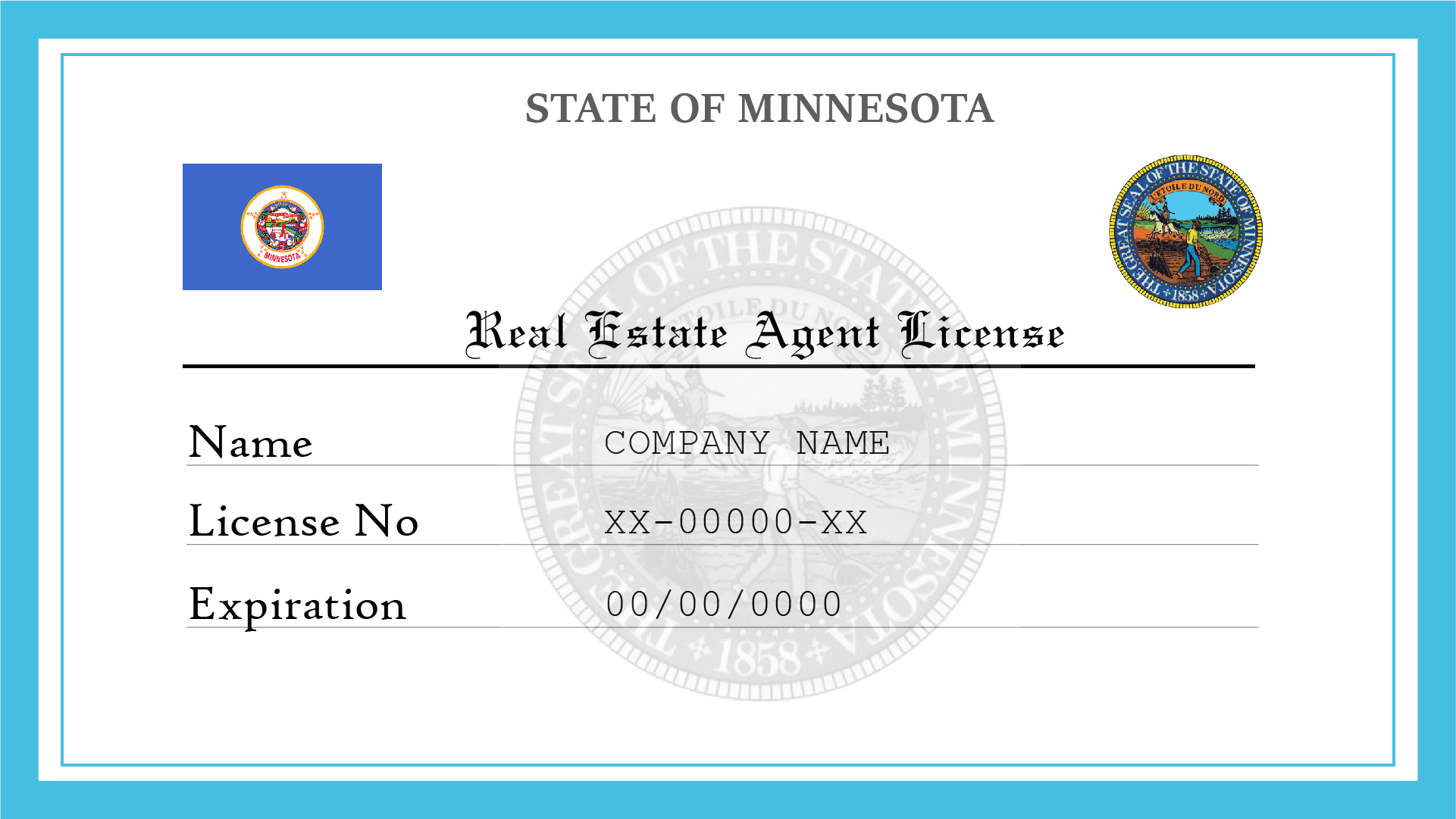
It is subjective to answer the question "When does the seller get their money after closing?" The average time takes between two to four days. However, there is no single answer. It can vary depending on many factors. While you should expect to receive a cheque after closing, the actual amount of the check could vary. In order to be able to receive a check, it is important to have enough funds. You should also ensure that the process is efficient and worth the wait.
It's not necessarily a bad idea to get a check. Actually, it can make the whole process smoother. It's also a good idea to consider using a real estate agent to help facilitate the process. A realty agent can help with the process of finding a buyer, negotiating an offer and providing information about your home. You can also get help in determining the appropriate closing cost.
A wire transfer might be the right choice if your preference is to see the money in your hands rather than have a lender write a check. You can do wire transfers with your bank. Depending on which banks you use, your money will likely be available within a few days.

Prepaid mortgages are another option. These are popular for people who are selling their current home and buying a new one. By not dealing with a lender after closing on your new property, a prepaid loan will help you save time.
While it is impossible to guarantee your money, most sellers will. Some residential real property contracts allow the seller some of the down payment to be retained as liquidated damages. This is usually a percentage of the sale price.
It can be difficult to wait for your check to cash. Some banks will keep large checks on hold for up to 24 hours. Paper checks can be delayed by banks. Unless you are getting a prepaid mortgage, you will have to settle with all of the parties involved in the sale before receiving your money.
It is possible for sellers to wait up to a few days before they get paid. This depends on how complicated your sale was. The state you live in might have a dry financing system. In this case, you would have to wait until the buyer meets all requirements before you get your money. Another option is a wet fund system. In this case, your money will be available instantly. It takes about three days for a check to be issued on the west coast.

Selling your home will cost you the most: the commission. A seller is typically paid 2.5 to 3% commission on the sale. Additional fees that you should consider are the cost of the agent and title insurance as well as other ancillary costs. These fees can amount to anywhere from 8-10% of your total sales price.
FAQ
How can I tell if my house has value?
It could be that your home has been priced incorrectly if you ask for a low asking price. If your asking price is significantly below the market value, there might not be enough interest. You can use our free Home Value Report to learn more about the current market conditions.
How much will it cost to replace windows
Window replacement costs range from $1,500 to $3,000 per window. The cost to replace all your windows depends on their size, style and brand.
What are the disadvantages of a fixed-rate mortgage?
Fixed-rate loans have higher initial fees than adjustable-rate ones. Also, if you decide to sell your home before the end of the term, you may face a steep loss due to the difference between the sale price and the outstanding balance.
What should I be looking for in a mortgage agent?
A mortgage broker is someone who helps people who are not eligible for traditional loans. They compare deals from different lenders in order to find the best deal for their clients. Some brokers charge a fee for this service. Other brokers offer no-cost services.
Statistics
- It's possible to get approved for an FHA loan with a credit score as low as 580 and a down payment of 3.5% or a credit score as low as 500 and a 10% down payment.5 Specialty mortgage loans are loans that don't fit into the conventional or FHA loan categories. (investopedia.com)
- This means that all of your housing-related expenses each month do not exceed 43% of your monthly income. (fortunebuilders.com)
- This seems to be a more popular trend as the U.S. Census Bureau reports the homeownership rate was around 65% last year. (fortunebuilders.com)
- Some experts hypothesize that rates will hit five percent by the second half of 2018, but there has been no official confirmation one way or the other. (fortunebuilders.com)
- 10 years ago, homeownership was nearly 70%. (fortunebuilders.com)
External Links
How To
How to find an apartment?
The first step in moving to a new location is to find an apartment. This takes planning and research. It includes finding the right neighborhood, researching neighborhoods, reading reviews, and making phone calls. You have many options. Some are more difficult than others. The following steps should be considered before renting an apartment.
-
Online and offline data are both required for researching neighborhoods. Websites such as Yelp. Zillow. Trulia.com and Realtor.com are some examples of online resources. Local newspapers, real estate agents and landlords are all offline sources.
-
See reviews about the place you are interested in moving to. Review sites like Yelp, TripAdvisor, and Amazon have detailed reviews of apartments and houses. You might also be able to read local newspaper articles or visit your local library.
-
Make phone calls to get additional information about the area and talk to people who have lived there. Ask them about their experiences with the area. Also, ask if anyone has any recommendations for good places to live.
-
Check out the rent prices for the areas that interest you. If you are concerned about how much you will spend on food, you might want to rent somewhere cheaper. If you are looking to spend a lot on entertainment, then consider moving to a more expensive area.
-
Find out about the apartment complex you'd like to move in. For example, how big is it? What is the cost of it? Is it pet friendly? What amenities are there? Can you park near it or do you need to have parking? Are there any special rules for tenants?